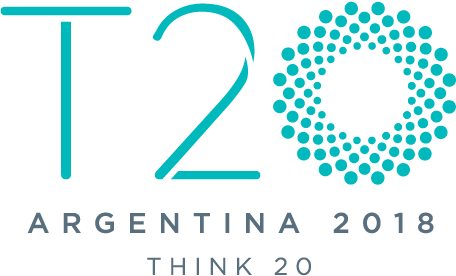Many nations throughout the world are confronting a demographic bulge in which a very large number of people are entering the workforce or secondary and university education. India, for example, will require 12-14million new jobs every year for the next 15 years and 76 million new secondary and 21 million new university students over the same period, and Central Africa and parts of Southeast Asia are not far behind. Without dramatically different thinking, meeting this challenge will simply not be possible. The availability of new and effective approaches to addressing this demographic trend means India will either inheret a major demographic dividend or nightmare. And, we have very little time to make a difference.
In three related PwC(*) reports, the Winning Leap, the Nagarik Framework and Reimagining Leadership, we are intending to provide a comprehensive approach to addressing this demographic dividend. The first describes the India opportunity at the middle and bottom of the demographic and economic pyramid (The Winning Leap). The second is focused on understanding the economic development requirements of the state of Uttar Pradesh, India and the means to create sustainable livelihood in the state, as one example of planning for development in a region with significant economic disadvantage (The Nagarik Project). The third defines the unique leadership capabilities required in India to steer the workforce to success by 2030 and the sustainable means to develop them (Reimagining Leadership: Steering India’s workforce in 2030).
Through these studies, we identified three essential components for achieving this economic dividend: build an aggressive, citizen-centered plan for economic growth that recognises the real starting conditions of a region; adopt a leapfrog strategy focused upon building a massive number of entrepreneurs at a local level in addition to the traditional focus on a corporate growth model; and build a cadre of leaders who can design and implement such strategies. Without any of the three components the dividend will not be met. Strategies unsuited to the starting conditions will result in limited success; traditional approaches will only close part of the gap; and the lack of leaders to make the change happen will mean the ideas remain on paper or fail to execute.
(*) PwC refers to the PwC network and/or one or more of its member firms, each of which is a separate legal entity. Please
see www.pwc.com/structure for further details
Task Force: The Future of Work and Education for the Digital Age
